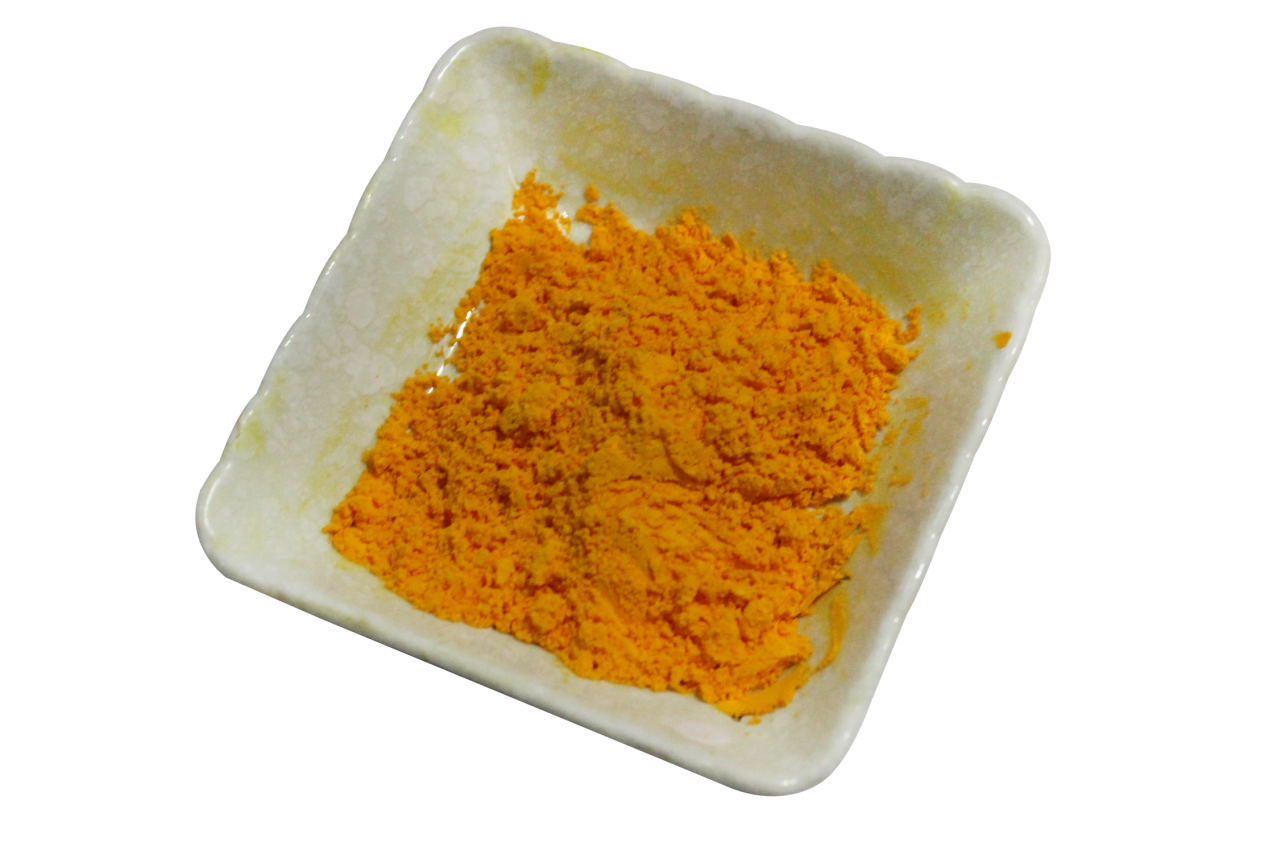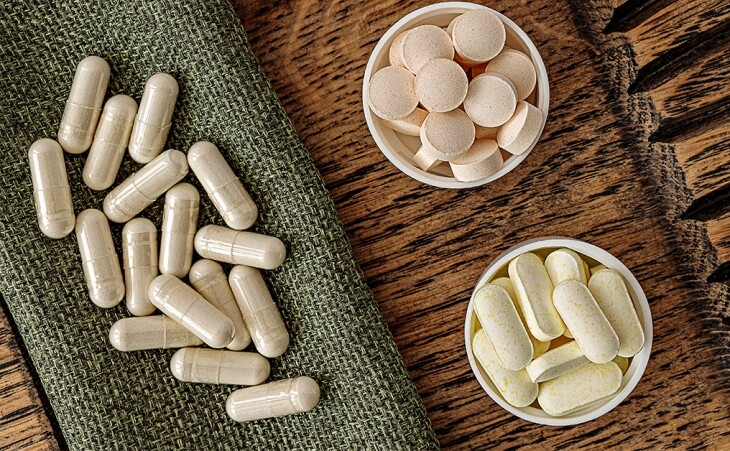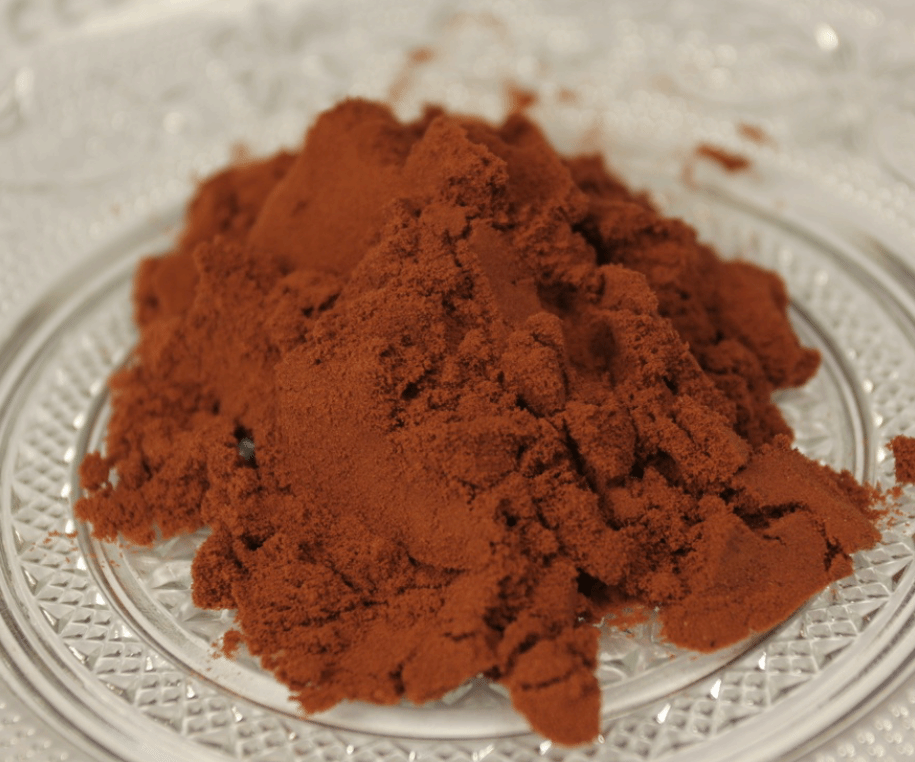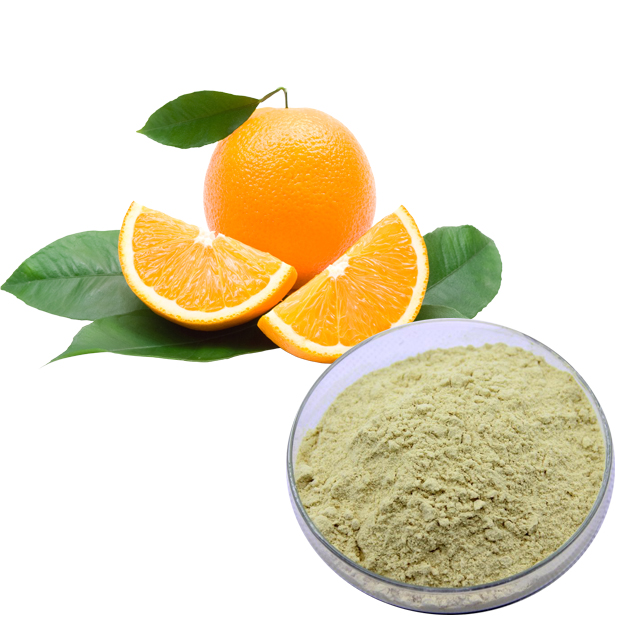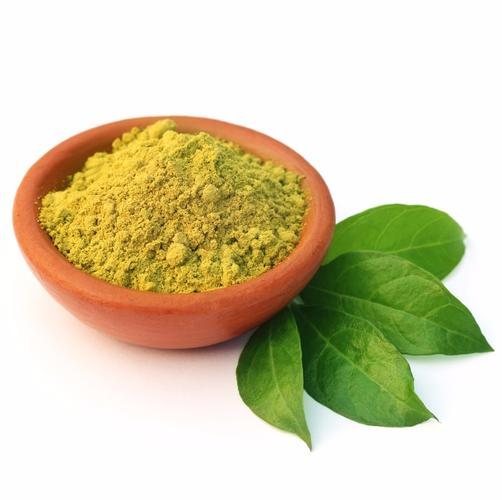Unlock the Power of Dihydromyricetin The Ultimate Hangover Cure?
Dihydroquercetin is a flavonoid compound found in various plants, including the leaves of the Ampelopsis grossedentata vine, commonly known as the Chinese sweet tea vine or tengcha in China.
Dihydromyricetin belongs to the flavonoid class of compounds, which are known for their antioxidant and anti-inflammatory properties.
Its chemical formula is C15H12O8, and it exhibits a unique structure that contributes to its biological activities.
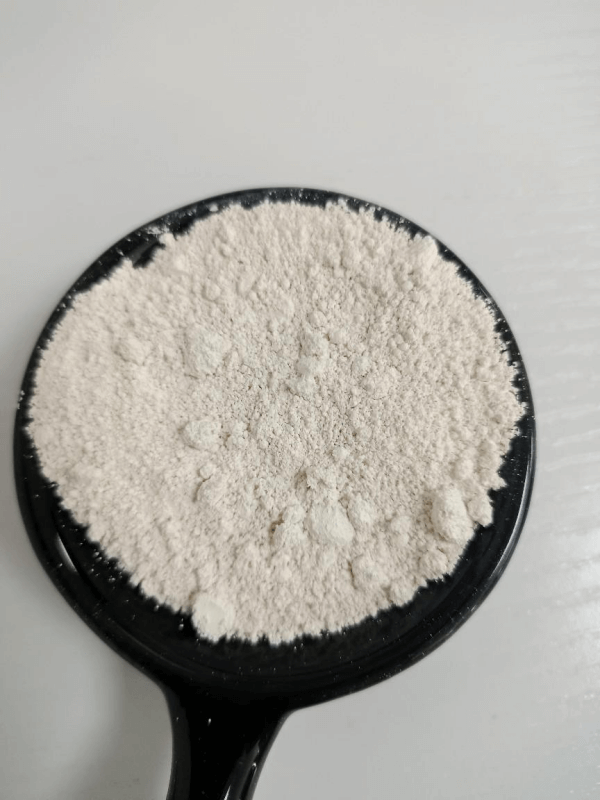

Understanding the Science Behind Dihydromyricetin's Hangover-Relieving Effects:
Dihydromyricetin (DHM), a natural flavonoid compound found primarily in the leaves and twigs of the Hovenia dulcis plant, has garnered attention for its potential to alleviate hangover symptoms. Its effectiveness in this regard can be attributed to several chemical and biological mechanisms.
Firstly, DHM is known to influence alcohol metabolism by inhibiting the enzyme aldehyde dehydrogenase (ALDH). While this enzyme is typically responsible for breaking down acetaldehyde, a toxic byproduct of alcohol metabolism, its inhibition by DHM may seem counterintuitive. However, it's believed that DHM's action on ALDH may shift the metabolic pathway, reducing the accumulation of acetaldehyde and promoting a more gradual and controlled breakdown of alcohol, thereby mitigating the severity of hangover symptoms.
Secondly, DHM exhibits antioxidant and anti-inflammatory properties. Alcohol consumption leads to oxidative stress and inflammation in the body, contributing to hangover symptoms such as headache, nausea, and fatigue. By scavenging free radicals and reducing inflammation, DHM may help alleviate these symptoms.
Furthermore, DHM has been shown to have neuroprotective effects. Alcohol can disrupt the normal functioning of the brain, causing cognitive impairment and memory loss during a hangover. DHM's ability to protect neurons from damage and promote their recovery may contribute to improved cognitive function after heavy drinking.
Additionally, DHM may also affect the body's hydration status and electrolyte balance, which are often disrupted during alcohol consumption. By promoting proper hydration and electrolyte replenishment, DHM may help alleviate dehydration-related hangover symptoms like thirst and dry mouth.
In summary, the chemical and biological mechanisms that make Dihydromyricetin effective in alleviating hangover symptoms involve its influence on alcohol metabolism, antioxidant and anti-inflammatory properties, neuroprotective effects, and potential impact on hydration and electrolyte balance. However, it's important to note that further research is needed to fully understand the exact mechanisms at play and to establish the optimal dosage and timing of DHM for hangover relief.
Dihydromyricetin and Cognitive Function:
Protection Against Alcohol-Induced Neurotoxicity: Alcohol consumption can cause neurotoxicity, leading to cognitive impairment and memory loss. DHM has been shown to have neuroprotective effects, protecting neurons from damage caused by alcohol and oxidative stress. By reducing this damage, DHM may help preserve cognitive function and reduce the cognitive decline associated with heavy drinking.
Antioxidant and Anti-inflammatory Properties: DHM's antioxidant and anti-inflammatory activities can also contribute to its beneficial effects on cognitive function. Oxidative stress and inflammation are known to play a role in cognitive decline and neurodegenerative diseases. By scavenging free radicals and reducing inflammation, DHM may help maintain healthy cognitive function.
Potential to Improve Cognitive Performance: While research on DHM's direct effects on cognitive performance in sober individuals is still limited, some studies suggest that it may have a positive impact. For example, DHM has been shown to improve spatial memory and learning ability in animal models. It's possible that similar effects may be observed in humans, but further research is needed to confirm this.
Use in Hangover Relief and Cognitive Recovery: In the context of hangovers, DHM's ability to alleviate symptoms such as headache, nausea, and fatigue may also indirectly contribute to improved cognitive function. By reducing the severity of these symptoms, DHM may allow individuals to recover more quickly and return to normal cognitive functioning.
Cautions and Considerations: While DHM shows promise for cognitive function, it's important to note that its effects may vary depending on individual factors such as age, health status, and genetics. Furthermore, DHM should not be used as a substitute for responsible drinking habits or as a means to overcome the negative consequences of excessive alcohol consumption.
In conclusion, Dihydromyricetin (DHM) may have beneficial effects on cognitive function, particularly in the context of alcohol consumption and hangover relief. Its neuroprotective, antioxidant, and anti-inflammatory properties, as well as its potential to improve cognitive performance, suggest that DHM may play a role in maintaining healthy cognitive function. However, further research is needed to fully understand the mechanisms and optimal dosing of DHM for cognitive benefits.
The Dosage and Timing of Dihydromyricetin for Optimal Hangover Relief:
The recommended dosage and timing of Dihydromyricetin (DHM) consumption for optimal hangover-relieving results can vary depending on factors such as individual tolerance, body weight, and the amount of alcohol consumed. However, here are some general guidelines that may be helpful:
Dosage:
The typical dosage range for DHM for hangover relief is often cited as 200-600 mg, taken as a single dose or divided into smaller doses throughout the day.
It's important to note that the specific dosage may need to be adjusted based on individual needs and response to the supplement.
Always consult with a healthcare professional before starting any new supplement regimen, especially if you have any underlying health conditions or are taking medications that may interact with DHM.
Timing:
The timing of DHM consumption can impact its effectiveness in alleviating hangover symptoms.
Taking DHM before or during alcohol consumption may help prevent the accumulation of toxic byproducts and reduce the severity of hangover symptoms. However, the effectiveness of this approach is still being studied.
For hangover relief, many people find it helpful to take DHM shortly after waking up with a hangover, as this is when symptoms tend to be the most severe.
Some individuals may also find it beneficial to take additional doses throughout the day to help manage lingering symptoms.
It's important to keep in mind that while DHM has shown promise as a natural hangover remedy, it's not a substitute for responsible drinking habits. The best way to avoid a hangover is to consume alcohol in moderation and stay hydrated before, during, and after drinking.
Additionally, it's important to note that the optimal dosage and timing of DHM may vary from person to person. It's always best to start with a lower dose and gradually increase it as needed, while monitoring your body's response and consulting with a healthcare professional if necessary.
Contact:James Yang
Tel/WhatsApp: +8619992603115
WeChat:19992603115
Email: sales@xabcbiotech.com



